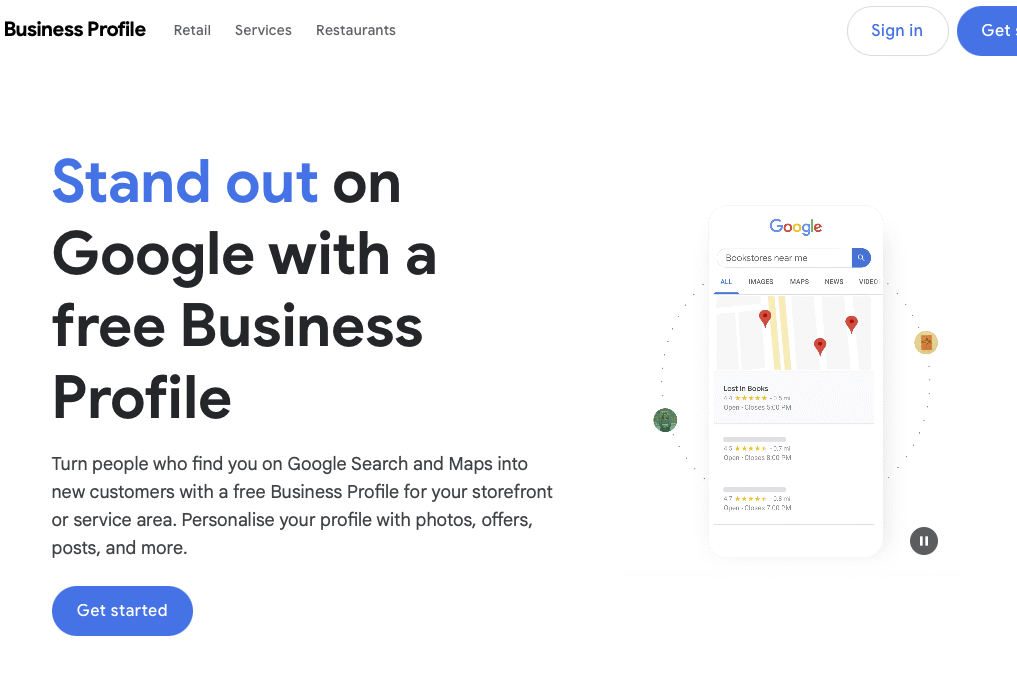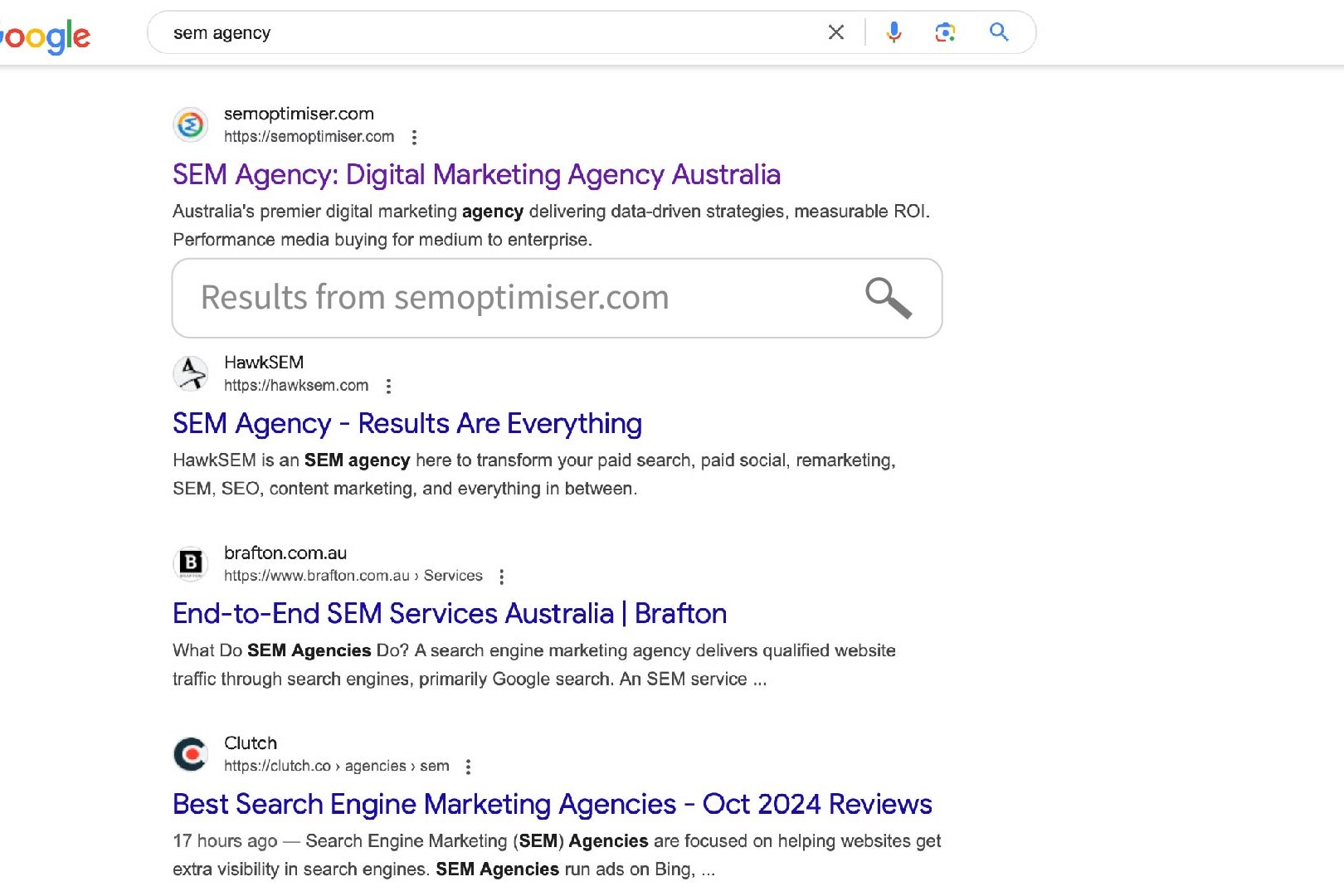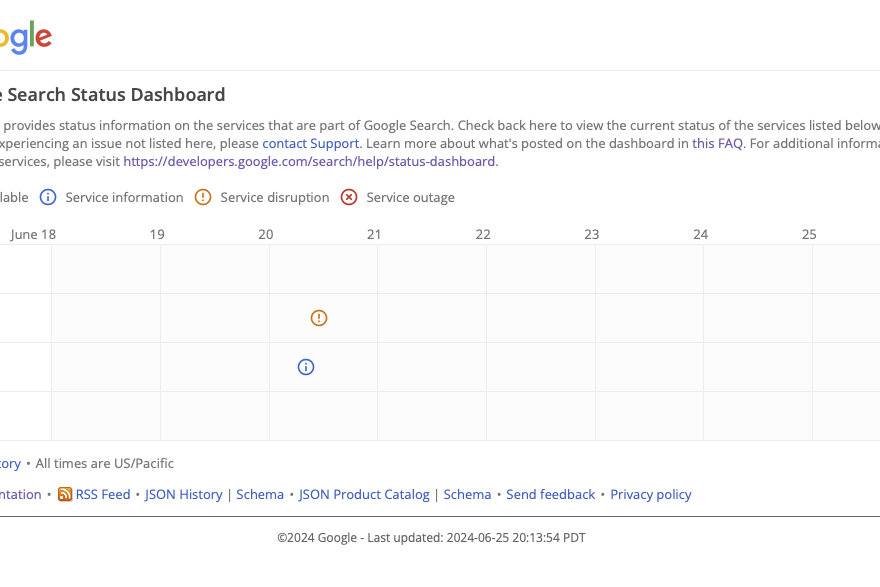Search Engine Optimisation (SEO) remains a critical strategy for businesses in Adelaide and Melbourne aiming to enhance their online visibility. As search algorithms and best practices continue to evolve, it’s crucial to distinguish between outdated myths and current facts. We will go through common SEO misconceptions and highlights the strategies that truly matter for your business success in 2024.
The Truth About Crawl Budget
-
Myth: Compressing Sitemaps Increases Crawl Budget
Many believe that zipping sitemaps can boost their crawl budget. However, this is a misconception. Compressed sitemaps still require server retrieval, offering minimal savings in Google’s crawling efforts.
-
Fact: Site Speed Impacts Crawl Rate
While site speed isn’t directly tied to your crawl budget, it does influence how efficiently Google can crawl your site. Faster-loading pages allow Google to crawl more content within a given timeframe, potentially improving your overall SEO performance.
Content Freshness and Quality
-
Myth: Constant Content Updates Boost Rankings
Some SEO practitioners advocate for frequent, minor content tweaks to appear “fresh” to search engines. However, Google values quality over recency. There’s no inherent advantage in making trivial changes or updating page dates artificially.
-
Fact: Quality Content Stands the Test of Time
Whether your content is new or old, its usefulness to users is what truly matters. Focus on creating comprehensive, valuable content that addresses user needs, regardless of its publication date.
URL Structure and Parameters
-
Myth: Google Dislikes Query Parameters
Contrary to popular belief, Google has no issue crawling URLs with query parameters. Clean URLs are beneficial for user experience but don’t significantly impact crawlability.
-
Fact: Effective URL Structure Enhances User Experience
While Google can handle complex URLs, a clear and logical URL structure improves user navigation and can indirectly benefit your SEO by enhancing overall site usability.
Site Architecture and Content Placement
-
Myth: Proximity to Homepage Determines Importance
It’s often assumed that pages closer to the homepage are considered more important by Google. While the homepage is typically a site’s most significant page, content depth doesn’t directly correlate with ranking potential.
-
Fact: Internal Linking Strategies Matter
A well-planned internal linking structure helps distribute page authority and guides users (and search engines) to your most important content, regardless of its location within your site hierarchy.
Crawling and Indexing Nuances
-
Myth: No-Index Tags Control Crawl Budget
Using noindex tags doesn’t directly impact your crawl budget. However, it can indirectly free up resources by signaling to Google which pages shouldn’t be indexed, allowing focus on other, more important pages.
-
Fact: Server Errors Affect Crawl Rate
A high number of server errors (5xx status codes) or frequent timeouts can negatively impact your crawl rate. Maintaining a healthy server environment is crucial for optimal crawling and indexing.
Local SEO for Adelaide and Melbourne Businesses
-
Myth: National SEO Strategies Work for Local Businesses
Applying broad, national SEO tactics may not yield the best results for businesses targeting Adelaide or Melbourne audiences.
-
Fact: Local SEO Requires Specialized Strategies
To excel in local search results:
- Optimize your Google Business Profile
- Ensure NAP (Name, Address, Phone) consistency across all online platforms
- Encourage and respond to local customer reviews
- Create location-specific content that resonates with your Adelaide or Melbourne audience
Emerging Trends for 2024
-
Myth: Traditional Ranking Factors Are All That Matter
While traditional factors like backlinks and keywords remain important, relying solely on these can limit your SEO potential.
-
Fact: User Experience and E-A-T Are Increasingly Crucial
Google’s focus on user experience metrics (Core Web Vitals) and E-A-T (Expertise, Authoritativeness, Trustworthiness) signals the importance of creating websites that not only rank well but also provide genuine value to users.
As we progress through 2024, businesses must adapt their SEO strategies to align with current best practices. By understanding these myths and facts, you can make informed decisions that drive your online visibility and business growth.
Remember, SEO is not about quick fixes or manipulating search engines. It’s about creating a valuable online presence that serves your target audience effectively. Partner with reputable SEO professionals in Adelaide or Melbourne who understand these nuances and can tailor strategies to your specific business needs.
FAQs
- Q: Does compressing my sitemaps increase my crawl budget?
- Q: Should I constantly update my content to keep it fresh for Google?
- Q: Do older pages have more weight in Google's rankings?
- Q: Are clean URLs without query parameters preferred by Google?
- Q: Will faster page load times increase my crawl budget?
- Q: Are small sites crawled less frequently than larger ones?
- Q: Does content closer to the homepage get ranked higher?
- Q: Can I control Googlebot with the "crawl-delay" rule?
- Q: How do nofollow links affect crawl budget?
- Q: Do pages with 4xx errors waste crawl budget?
Related Posts
April 16, 2025
How to Set Up and Optimise Your Google Business Profile
Whether you run a small café, a photography studio, a law firm, or a plumbing…
October 23, 2024
Google’s Sitelinks Search Box Sunset
In a significant move that marks the end of a decade-long feature, Google has…
June 23, 2024
Navigating Google’s 2024 Spam Detection Update
In March 2024, Google unveiled a groundbreaking Spam detection bot, signalling…




